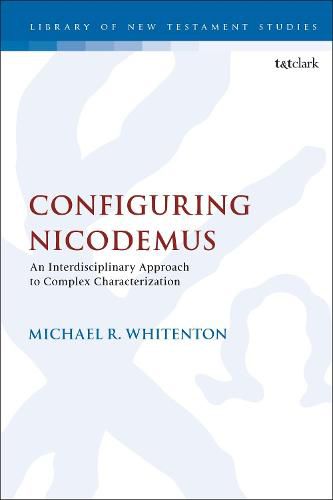Readings Newsletter
Become a Readings Member to make your shopping experience even easier.
Sign in or sign up for free!
You’re not far away from qualifying for FREE standard shipping within Australia
You’ve qualified for FREE standard shipping within Australia
The cart is loading…






Michael Whitenton offers a fresh perspective on the characterization of Nicodemus, focusing on the benefit of Hellenistic rhetoric and the cognitive sciences for understanding audience construals of characters in ancient narratives.
Whitenton builds an interdisciplinary approach to ancient characters, utilizing cognitive science, Greek stock characters, ancient rhetoric, and modern literary theory. He then turns his attention to the characterization of Nicodemus, where he argues that Nicodemus would likely be understood initially as a dissembling character, only to depart from that characterization later in the narrative, suggesting a journey toward Johannine faith. Whitenton presents a compelling argument: many in an ancient audience would construe Nicodemus in ways that suggest his development from doubt and suspicion to commitment and devotion.
$9.00 standard shipping within Australia
FREE standard shipping within Australia for orders over $100.00
Express & International shipping calculated at checkout
Michael Whitenton offers a fresh perspective on the characterization of Nicodemus, focusing on the benefit of Hellenistic rhetoric and the cognitive sciences for understanding audience construals of characters in ancient narratives.
Whitenton builds an interdisciplinary approach to ancient characters, utilizing cognitive science, Greek stock characters, ancient rhetoric, and modern literary theory. He then turns his attention to the characterization of Nicodemus, where he argues that Nicodemus would likely be understood initially as a dissembling character, only to depart from that characterization later in the narrative, suggesting a journey toward Johannine faith. Whitenton presents a compelling argument: many in an ancient audience would construe Nicodemus in ways that suggest his development from doubt and suspicion to commitment and devotion.